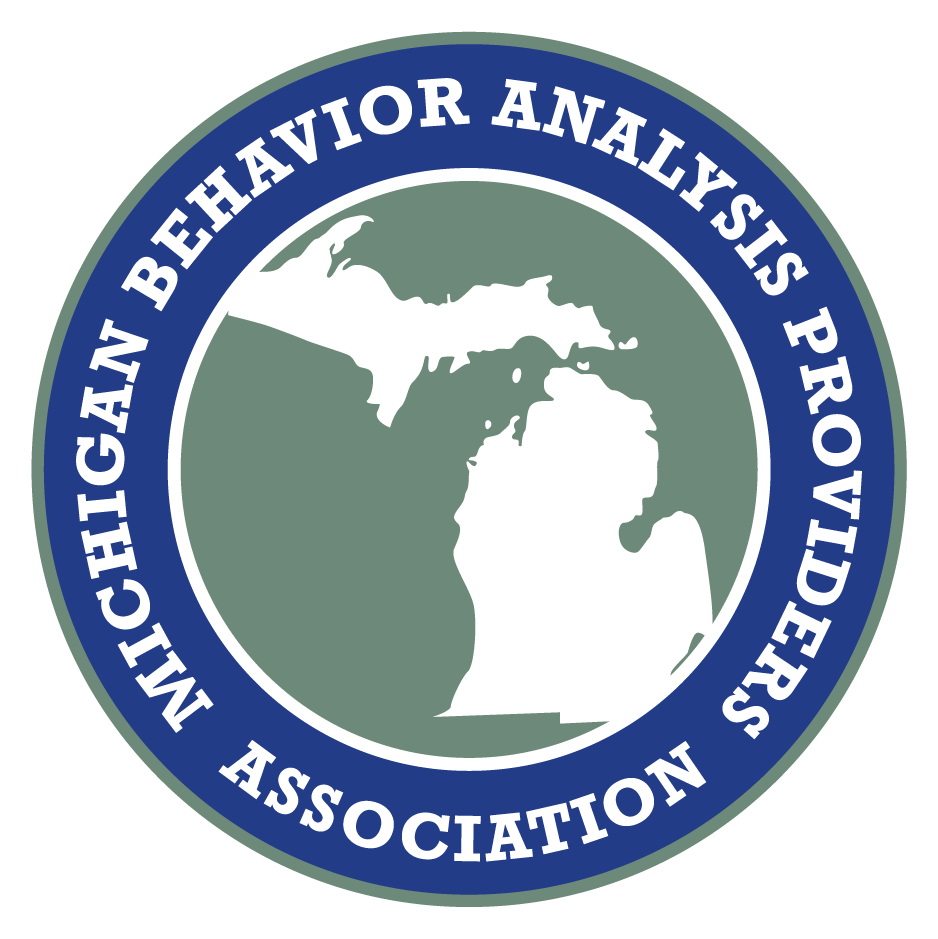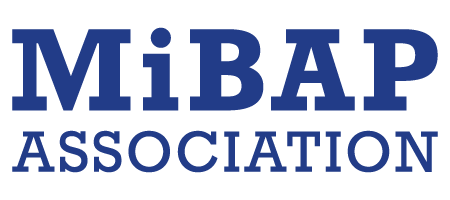MiBAP Q4 2019 Newsletter & Year in Review
December 31, 2019MiBAP Holds First–Ever ABA Advocacy Day
February 5, 2020January 7, 2020
The Honorable James N. Stewart
Assistant Secretary of Defense for Manpower and Reserve Affairs,
Performing Duties of the Under Secretary of Defense for Personnel and Readiness
1500 Defense Pentagon 2E556
Washington, DC 20301
Assistant Secretary Stewart,
The Michigan Behavior Analysis Providers (MiBAP) Association appreciates the opportunity to submit feedback and our concerns regarding two recently released reports: 1) “The Department of Defense Comprehensive Autism Care Demonstration Annual Report June 2019”; and, 2) “The Department of Defense Comprehensive Autism Care Demonstration Quarterly Report to Congress First Quarter, Fiscal Year 2019.” MiBAP represents providers of Applied Behavior Analysis (ABA) across the State of Michigan; our membership currently serves thousands of individuals and families impacted by autism spectrum disorder (ASD), including many TRICARE beneficiaries.
We are concerned that several assertions made within these reports misrepresent the evidentiary support for ABA treatment. Specifically, the Annual Report states, “As of now, ABA does not meet the TRICARE hierarchy of evidence standard for medical and proven care.” As the details of the research referenced in the Hayes, Inc. report are not publicly available, it is difficult for outside organizations to evaluate the efficacy of this report or its analysis. Further, the Cochrane report referenced excluded a significant pool of clinical trials that almost certainly altered the review and conclusions that were drawn. We would urge that DHA examine reviews beyond these referenced in the Annual Report, such as the example provided at the conclusion of this letter.1 We are certain that a comprehensive and thorough evaluation of the literature will confirm that individualized, comprehensive ABA is well- established for the treatment of children with ASD.
We also take issue with the statement, “Research has demonstrated ABA services have produced the best results for targeted maladaptive behavior and the strongest intervention evidence appears to be for parent training and support.” While it is true that extensive research shows ABA to be effective in the reduction of maladaptive behavior, it is also true that ABA research clearly shows effectiveness in skill acquisition, to include improvements in intellectual functioning, adaptive skills, and language skills. Again, we have provided reference to some of these studies at the end of this correspondence.2 3 4 5
Finally, we have significant concerns regarding the Pervasive Developmental Disorder Behavior Inventory (PDDBI) outcome data in these reports. It seems counter-intuitive that DHA would acknowledge the severe limitations of the PDDBI data in these reports, but then make recommendations based on this flawed data. Drawing any conclusions from these limited and incomplete results does not seem in character with DHA’s typically high standards.
Taken as a whole, we are concerned that these reports may serve to further reduce access to critical ABA services for TRICARE families, and for individuals diagnosed with ASD. TRICARE families deserve access to the same high-quality, effective ABA treatment that is available today to other Michigan families. MiBAP would welcome the opportunity to provide further input in support of this Autism Cares Demonstration, and to demonstrate the long-term value and return-on-investment inherent in high-quality ABA services.
We appreciate the opportunity to voice our concerns and look forward to continued collaboration in the service of military families.
Respectfully,
Michael F. Dow
MiBAP President
cc: Senate Committee on Armed Services House Committee on Armed Services
__________________________
References
1 Smith, T., & Iadarola S. (2015). Evidence base update for autism spectrum disorder. Journal of Clinical Child & Adolescent Psychology , 44(6 ), 897-922.
2 Eldevik, S., Hastings, R. P., Hughes, J. C., Jahr, E., Eikeseth, S., & Cross, S. (2009). Meta-Analysis of early intensive behavioral intervention for children with autism. Journal of Clinical Child & Adolescent Psychology, 38(3), 439-450.
3 Makrygianni, M. K., & Reed, P. (2010). A meta-analytic review of the effectiveness of behavioural early intervention programs for children with autism spectrum disorders. Research in Autism Spectrum Disorders, 4(4), 577-593.
4 Peters-Scheffer, N., Didden, R., Korzilius, H., & Sturmey, P. (2011). A meta-analytic study on the effectiveness of comprehensive ABA-based early intervention programs for children with autism spectrum disorders. Research in Autism Spectrum Disorders, 5(1), 60-69.
5 Reichow, B., Barton, E. E., Boyd, B. A, & Hume, K. (2012) . Early intensive behavioral intervention (EIBI) for young children with autism spectrum disorders (ASD). Cochrane Database of Systematic Reviews, 10.

